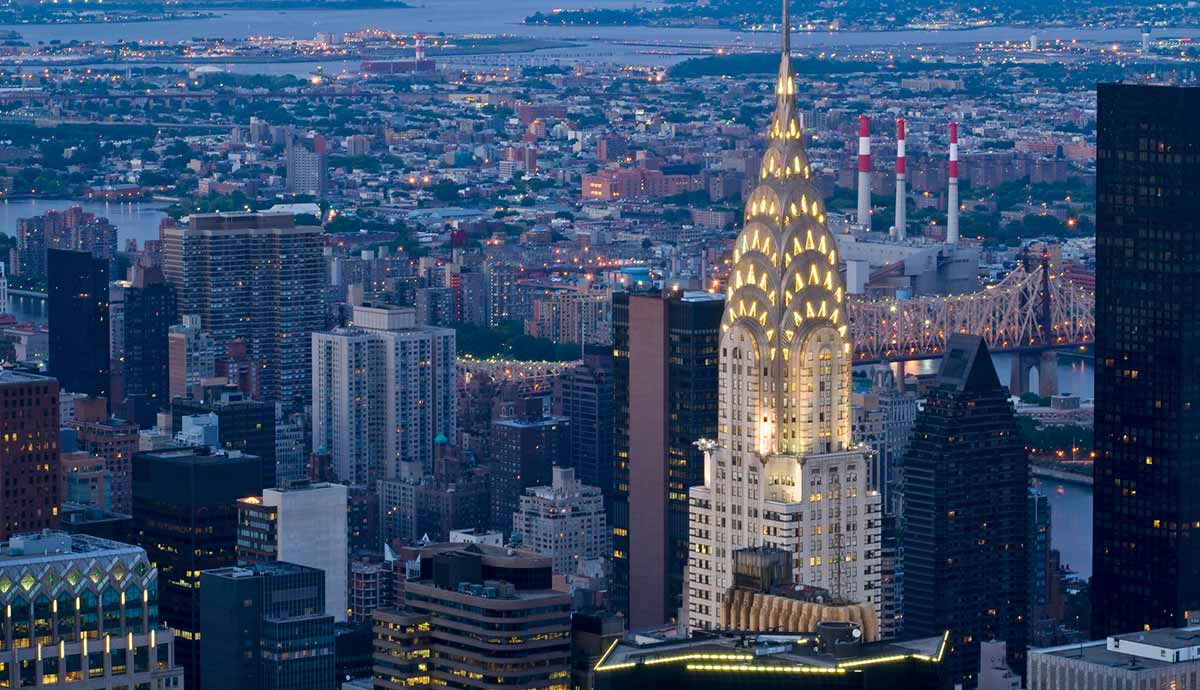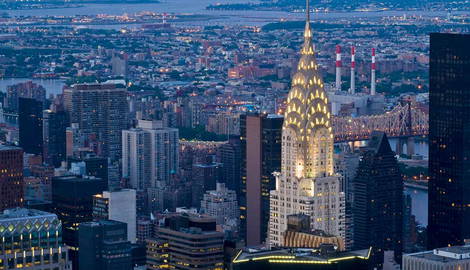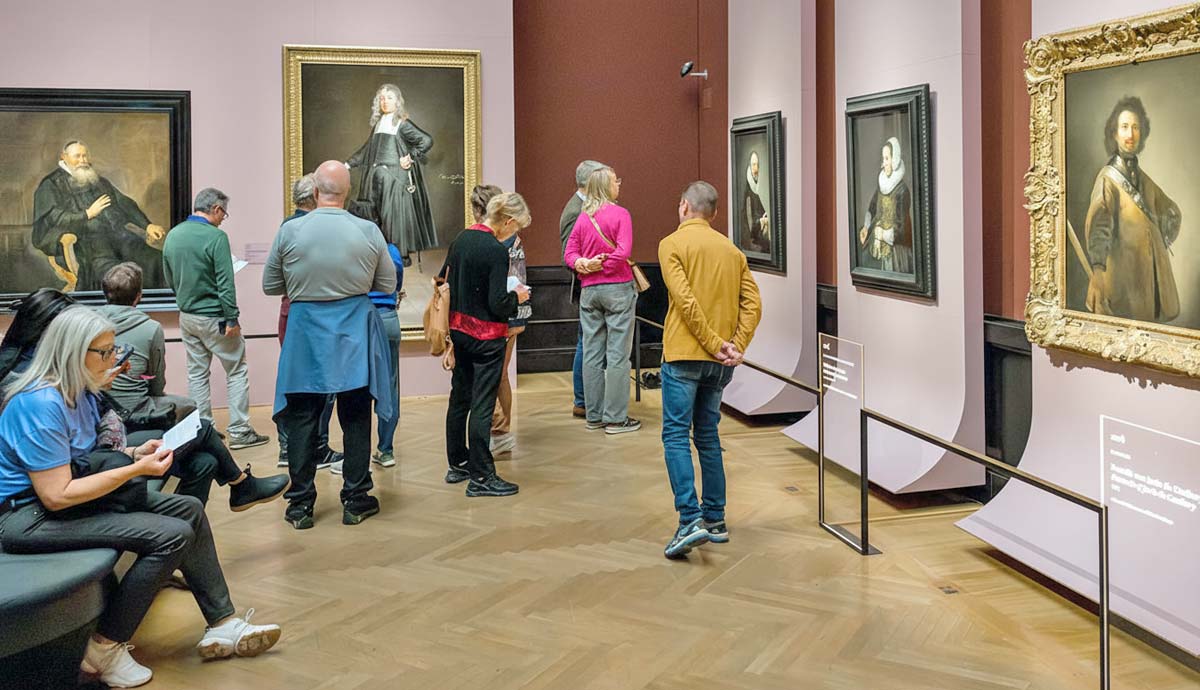
The Chrysler Building is a true icon of the New York skyline, with its tell-tale Art Deco spire pointing towards heaven. It was completed in 1930 as the headquarters of the Chrysler corporation car manufactures, under the financial direction of Walter P. Chrysler. While it was only the tallest building in the world for a brief 11 months, the Chrysler has nonetheless become a unique emblem of New York due to the stunning beauty of its design. In fact, in 2005, a poll of architects, builders, critics and engineers voted the Chrysler as their favorite skyscraper in New York. We celebrate the magnificence of this enduring architectural masterpiece with a list of the key players who brought it to life.
The Chrysler Building Architect: William Van Alen

The chief architect who designed the Chrysler Building was William Van Alen. Initially the skyscraper was conceived by Van Alen and the contractor William H Reynolds. Van Alen’s original Art Deco design was fantastically elaborate, featuring a decorative glass crown, a triple-height showroom area on the ground floor, and 12 stories made from glass-wrapped corners that would appear to be floating mid-air. But Van Alen’s concept was too ambitious for Reynolds’ tastes, and he sold the design and lease to the more ambitiously minded industrialist Walter P Chrysler. Van Alen found in Chrysler an entirely different client – Chrysler believed he could completely reinvent the east 42nd district area with a dazzling new building, which he hoped would be the tallest and most significant construction in the world.
Under Chrysler’s guidance, Van Alen designed a monument that was a testament to the machine age, of the 1920s, featuring glossy metal, and a series of gargoyles and eagles resembling the hood ornaments of cars.
The Structural Engineer: Ralph Squire & Sons

The construction of the Chrysler Building was handled by Ralph Squire & Sons, run by the American structural Engineer William Ralph Squire. Working closely with Van Alen, Ralph Squire & Sons constructed the Chrysler Building with a base, a shaft, and an ornate capital on the top. They utilized the most advanced materials of their day, to create a beaming emblem of modernity. The crown at the peak of the building was made from silver austenitic stainless steel, manufactured in Germany. The sheer size, scale, and detail of the building was an enormous undertaking – it took them just under three years to complete their work. For almost a year, the Chrysler was the leader in the “race to the sky”, but it was pipped to the post just 11 months later by the Empire State Building.
The Building Contractor: Fred T Ley & Co.

The building contractor who brought the Chrysler Building to life was Fred T. Ley, owner of Fred T. Ley & Co. At the time they were one of the most successful contractors in the United States, and the Chrysler Building was to become the defining pinnacle of their success so far. It was thanks to the hard work of Ley and his team that the Chrysler building’s steel frame, curtain wall construction could come to life, and remain securely in place. Ley was a practical builder who had steadily worked his way to the top of his industry, and his no nonsense expertise made Van Alen’s dreams of building an American icon a reality. Incredibly, they employed a team of around 3,000 workers to complete the Chrysler Building, who worked day and night with no safety harnesses. Unusually for the time, there were no fatalities during the construction work.









